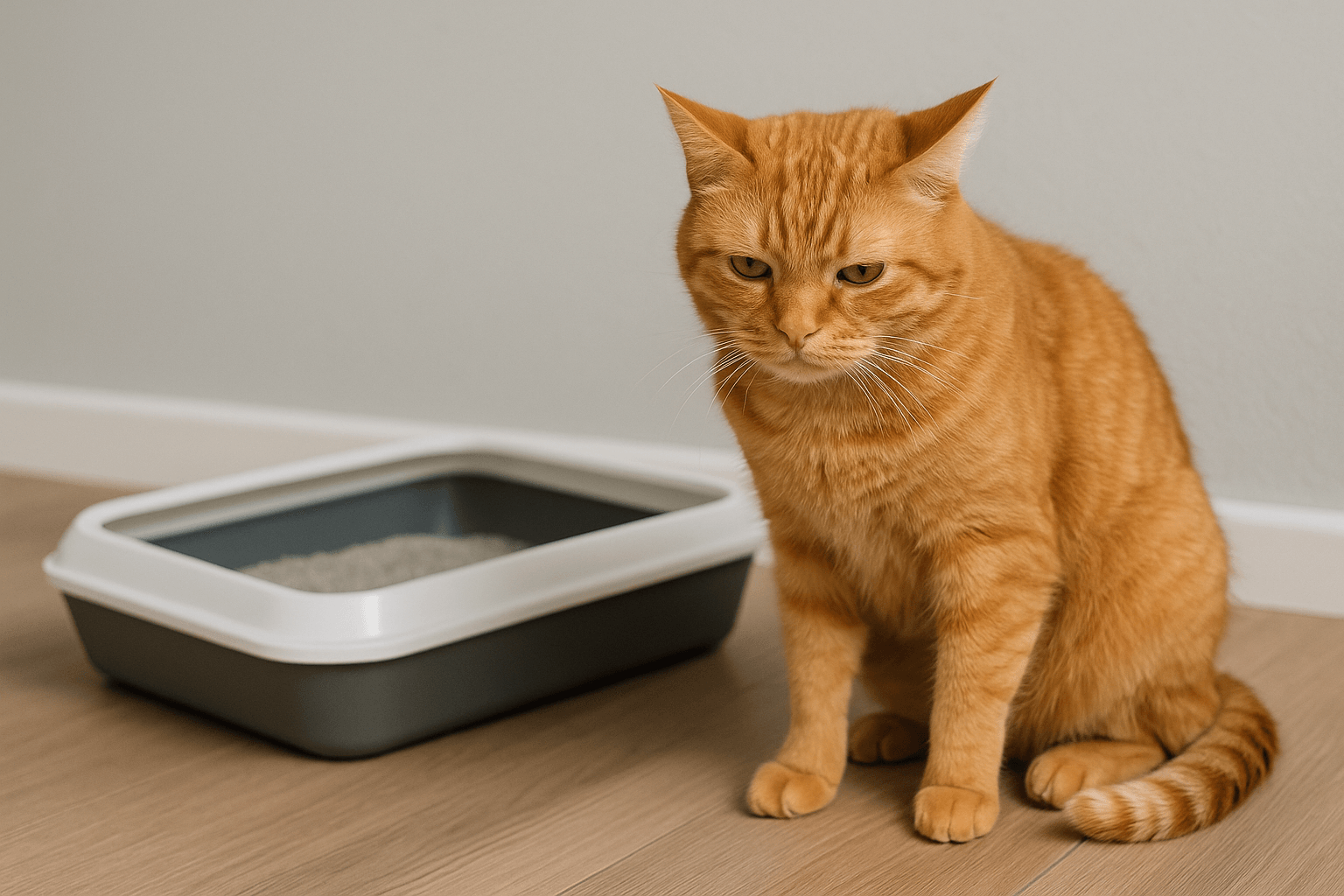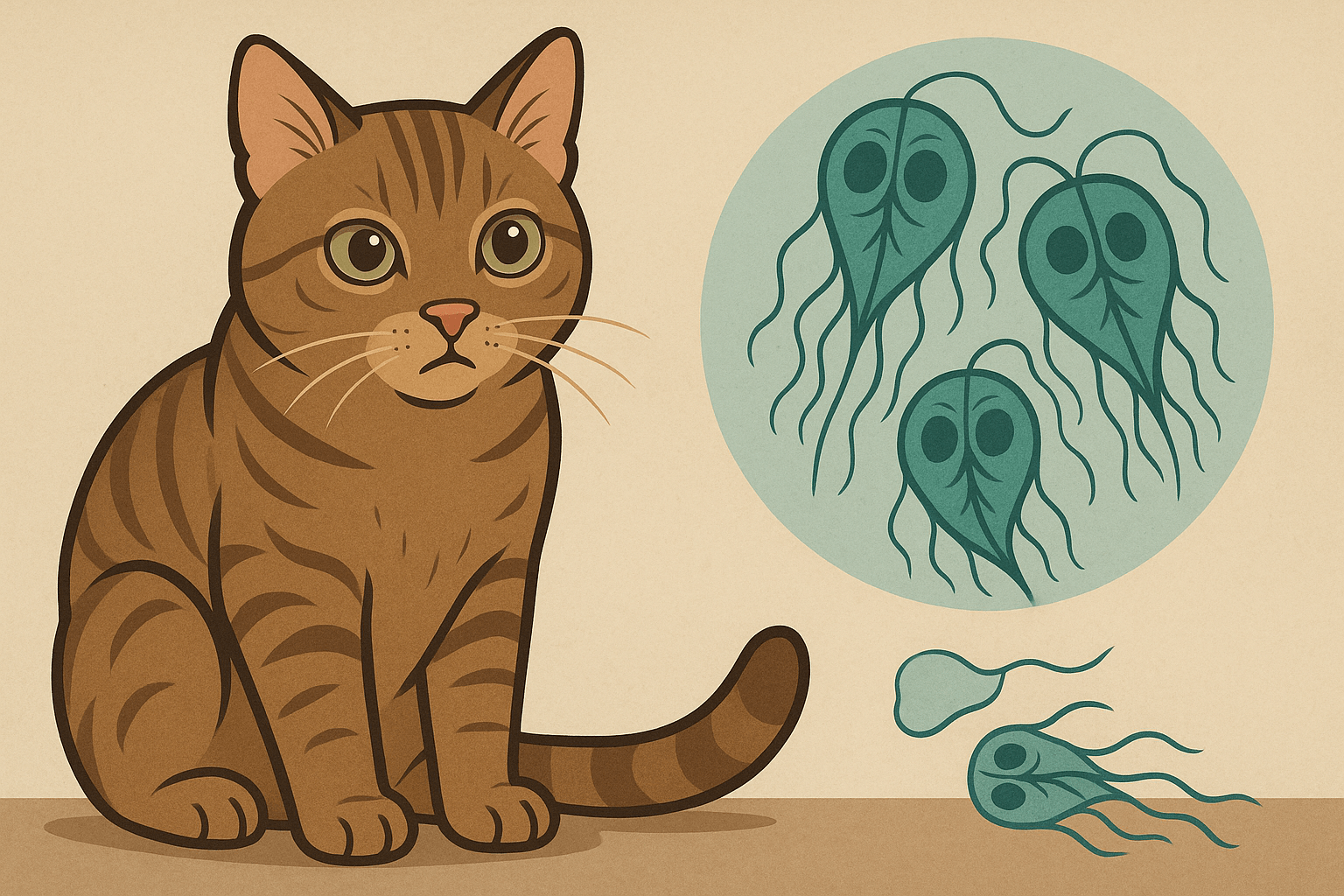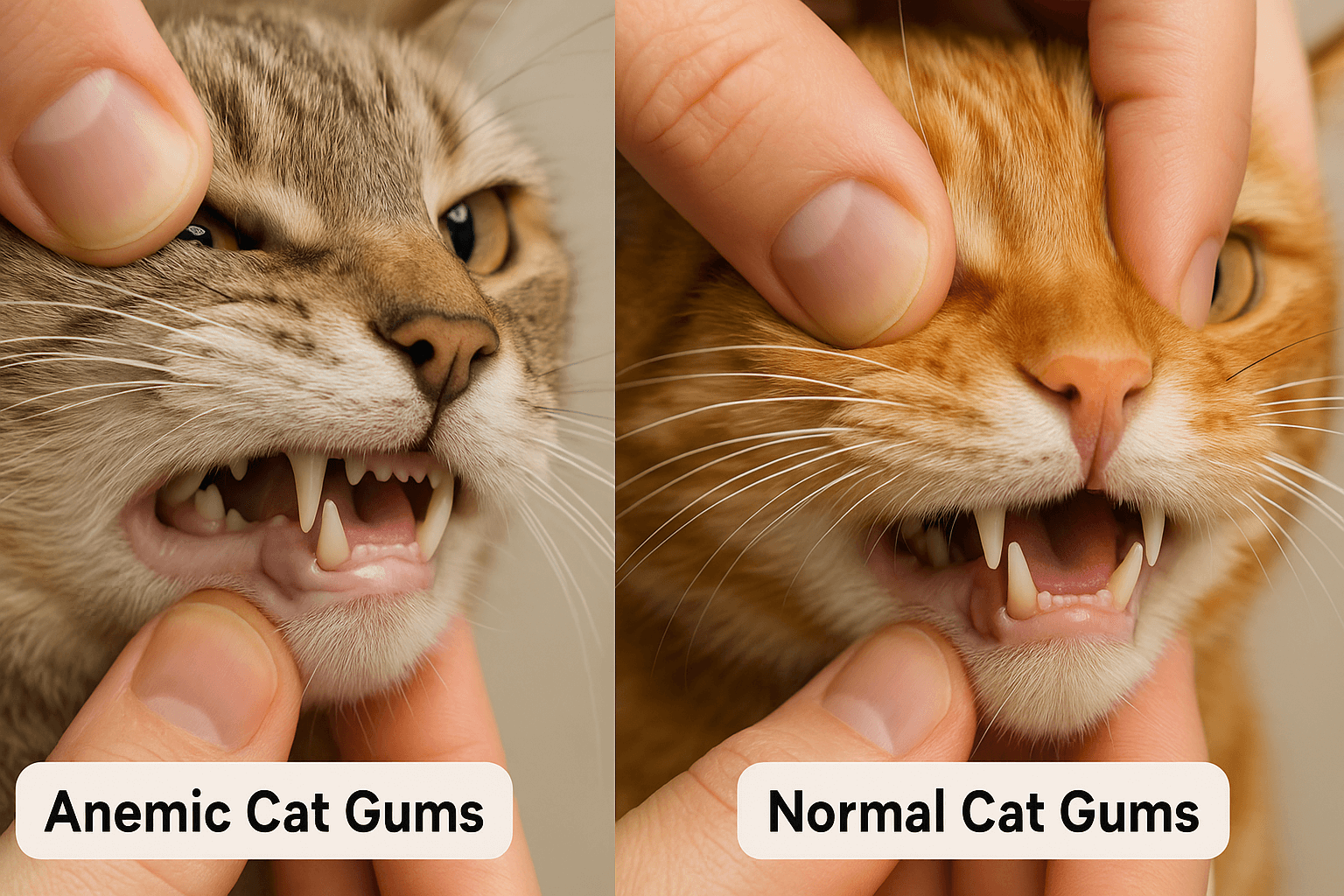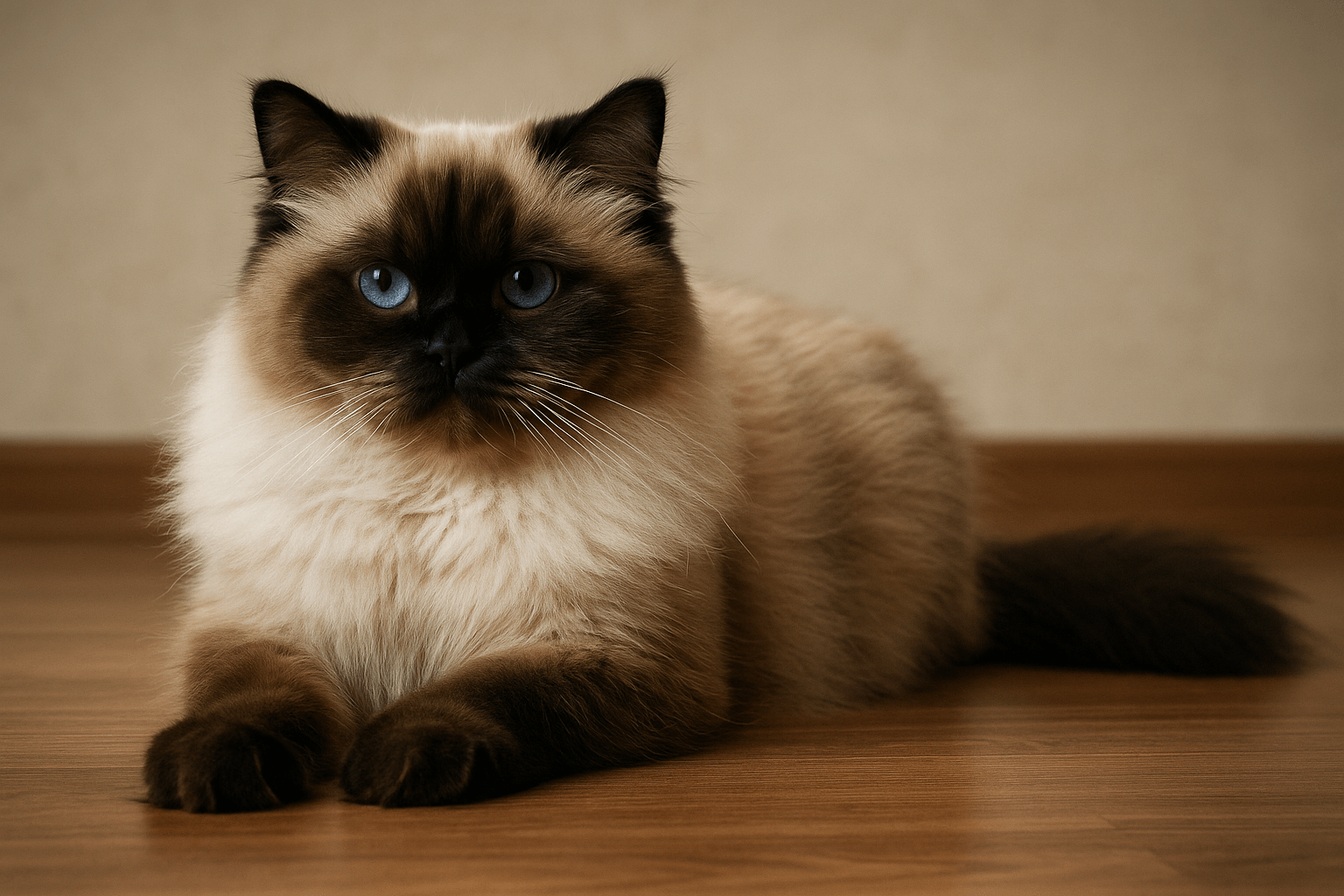Understanding Cystitis in Cats: Causes, Symptoms, and Care
Cystitis in cats is a common yet concerning condition that affects their urinary health. Also known as feline lower urinary tract disease (FLUTD), cystitis refers to inflammation of the bladder, which can cause discomfort and distress for your furry companion. While some cases are mild and resolve with proper care, others may require veterinary intervention to prevent complications. Recognizing the signs early and understanding how to manage this condition can make a significant difference in your cat’s quality of life. In this guide, we’ll explore everything you need to know about cystitis in cats, from its causes and symptoms to prevention and treatment options.
Common Causes of Cystitis in Cats
Cystitis can arise from a variety of factors, ranging from environmental stressors to underlying medical conditions. Identifying the root cause is essential for effective treatment and management.
Stress and Anxiety:
Cats are sensitive creatures, and changes in their environment—such as moving homes or introducing new pets—can trigger stress-related cystitis.Dehydration and Poor Diet:
A lack of moisture in the diet or insufficient water intake can lead to concentrated urine, increasing the risk of bladder irritation.Urinary Crystals or Stones:
Mineral imbalances in the urine can result in the formation of crystals or stones, which irritate the bladder lining.Bacterial Infections:
Although less common in cats than in dogs, bacterial infections can sometimes cause cystitis, especially in older or immunocompromised cats.Idiopathic Causes:
In many cases, no specific cause can be identified, leading to a diagnosis of idiopathic cystitis—a condition linked to stress and neuroendocrine factors.
Understanding these potential triggers allows you to take proactive steps in preventing cystitis and supporting your cat’s urinary health.
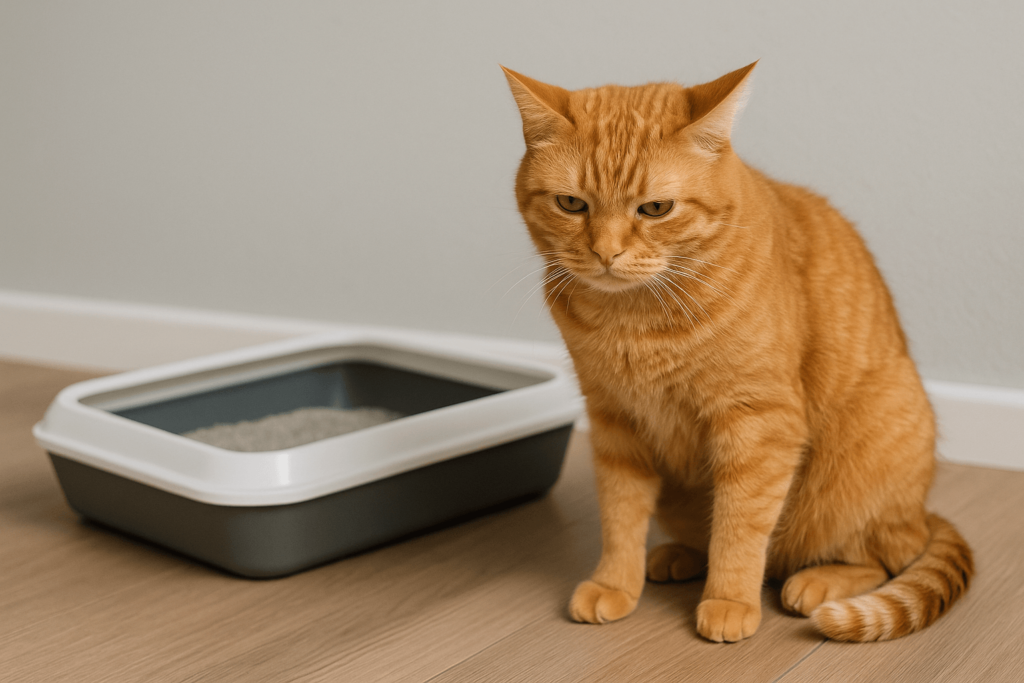
Recognizing Symptoms of Cystitis in Cats
Early detection of cystitis is crucial for timely intervention. Keep an eye out for these common symptoms, which may indicate your cat is experiencing bladder inflammation.
Frequent Urination Attempts:
Cats with cystitis often visit the litter box more frequently but may produce only small amounts of urine.Straining or Pain During Urination:
You may notice your cat crying or showing signs of discomfort while urinating, indicating bladder irritation.Blood in the Urine:
Hematuria, or the presence of blood in the urine, is a red flag for cystitis and requires immediate attention.Inappropriate Urination Outside the Litter Box:
Cats may avoid the litter box due to pain or associate it with discomfort, leading to accidents around the house.Lethargy and Behavioral Changes:
A cat with cystitis may appear withdrawn, less active, or show changes in appetite or grooming habits.
By recognizing these symptoms early, you can seek veterinary care promptly and minimize your cat’s discomfort.
Check this guide 👉Why Did My Cat Pee in My Suitcase? Best 7 Expert Tips!
Check this guide 👉Does Cat Pee Kill Plants? Best 7 Expert Tips!
Check this guide 👉Cat Peeing Next to Litter Box: Best 7 Expert Tips!
Preventive Measures for Cystitis | Signs Your Cat May Have Cystitis |
|---|---|
Provide fresh water at all times | Frequent trips to the litter box |
Feed a balanced, moisture-rich diet | Straining or crying during urination |
Reduce stress through environmental enrichment | Blood in the urine |
Schedule regular vet check-ups | Inappropriate urination outside the box |
Encourage exercise and mental stimulation | Lethargy or behavioral changes |
Treatment Options for Cystitis in Cats
Once diagnosed, treating cystitis involves addressing the underlying cause and alleviating your cat’s symptoms. Here are some common approaches veterinarians may recommend.
Pain Relief Medications:
Anti-inflammatory drugs or painkillers can help reduce discomfort and inflammation in the bladder.Antibiotics (if applicable):
If a bacterial infection is present, antibiotics may be prescribed to clear the infection.Dietary Adjustments:
Switching to a prescription diet designed to promote urinary health can help dissolve crystals and maintain pH balance.Increased Hydration:
Encouraging water intake through wet food or water fountains can dilute urine and reduce irritation.Environmental Modifications:
Reducing stressors, such as loud noises or territorial conflicts, can prevent recurrent episodes of idiopathic cystitis.
With proper treatment and care, most cats recover fully from cystitis and return to their happy, playful selves.
Tips for Managing Chronic Cystitis in Cats
For cats prone to recurring cystitis, ongoing management is essential to minimize flare-ups and ensure long-term well-being. These tips can help you support your cat effectively.
Monitor Urinary Habits Daily:
Keep track of your cat’s litter box behavior and report any changes to your veterinarian immediately.Provide Multiple Litter Boxes:
Having several clean litter boxes available reduces competition and encourages regular use.Maintain a Stress-Free Environment:
Use pheromone diffusers or calming supplements to create a peaceful atmosphere for your cat.Stick to a Consistent Routine:
Cats thrive on predictability, so maintaining a stable daily schedule can reduce stress-related flare-ups.Schedule Regular Vet Visits:
Routine check-ups allow your vet to monitor your cat’s urinary health and catch potential issues early.
By implementing these strategies, you can help manage chronic cystitis and improve your cat’s overall quality of life.
Environmental Enrichment to Prevent Cystitis
Creating a stimulating and stress-free environment plays a vital role in preventing cystitis, particularly for cats prone to stress-related flare-ups. These strategies can help keep your cat mentally and physically engaged.
Provide Vertical Spaces:
Install shelves or cat trees to give your cat opportunities to climb and observe their surroundings safely.Offer Interactive Toys:
Puzzle feeders and wand toys encourage physical activity and mental stimulation, reducing boredom-induced stress.Use Calming Products:
Pheromone sprays or diffusers mimic natural feline calming signals, helping soothe anxious cats.Create Safe Zones:
Designate quiet areas where your cat can retreat when feeling overwhelmed or overstimulated.Minimize Household Changes:
Avoid sudden disruptions to routines or environments, as these can trigger stress-related cystitis.
By enriching your cat’s environment, you can significantly reduce the likelihood of cystitis episodes.
Signs That Warrant Immediate Veterinary Attention
While some symptoms of cystitis are mild, others require urgent care to prevent complications. Knowing when to seek help ensures your cat receives timely treatment.
Complete Inability to Urinate:
This is a life-threatening emergency that requires immediate veterinary intervention to prevent bladder rupture.Severe Pain or Distress:
If your cat is vocalizing excessively or hiding due to pain, contact your vet without delay.Persistent Vomiting or Lethargy:
These symptoms may indicate systemic illness or severe dehydration, necessitating professional care.Swollen Abdomen:
A distended abdomen could signal a blocked bladder, which is a critical condition requiring surgery.Sudden Behavioral Changes:
Drastic shifts in personality, such as aggression or extreme withdrawal, warrant investigation by a vet.
Prompt action can save your cat’s life and prevent long-term damage.
The Role of Hydration in Preventing Cystitis
Proper hydration is one of the most effective ways to prevent cystitis and support your cat’s urinary health. Here’s why water matters and how to ensure your cat stays hydrated.
Dilutes Urine Concentration:
Increased water intake reduces the concentration of minerals in the urine, lowering the risk of crystal formation.Encourages Frequent Urination:
Regular urination flushes out bacteria and debris, keeping the bladder healthy and free of irritation.Promotes Overall Well-Being:
Adequate hydration supports kidney function and digestion, contributing to your cat’s overall vitality.Wet Food vs. Dry Food:
Wet food contains up to 80% moisture, making it a superior choice for hydration compared to dry kibble.Creative Water Sources:
Experiment with different bowls, fountains, or even flavored water to entice picky drinkers.
By prioritizing hydration, you can significantly reduce your cat’s risk of developing cystitis.
Frequently Asked Questions About Cystitis in Cats
What should I do if my cat has blood in their urine?
Contact your veterinarian immediately, as this could indicate a serious issue requiring prompt treatment.
Can diet alone cure cystitis?
While dietary changes can help manage symptoms, they may not address all underlying causes. Consult your vet for a comprehensive plan.
Is cystitis more common in certain cat breeds?
Yes, some breeds, like Persians and Himalayans, are predisposed to urinary tract issues due to genetic factors.
How can I encourage my cat to drink more water?
Offer fresh water in multiple locations, use a pet fountain, or incorporate wet food into their diet.
Can stress really cause cystitis?
Absolutely! Stress is a major contributor to idiopathic cystitis, emphasizing the importance of a calm environment.
Prioritizing Your Cat’s Urinary Health
Cystitis in cats is a manageable condition with the right knowledge and care. By understanding its causes, recognizing early symptoms, and implementing preventive measures, you can protect your cat’s urinary health and enhance their well-being. Whether your cat experiences an occasional episode or struggles with chronic issues, staying vigilant and working closely with your veterinarian ensures they receive the best possible care. Remember, a happy and healthy cat starts with attentive, loving guardianship—and you’re the key to making that happen.
Giardia in Cats: Best 7 Expert Tips! Discover expert advice on identifying, treating, and preventing giardia in cats to ensure your feline stays happy and healthy.
Cat Hyperventilating: Best 7 Expert Tips! Discover signs, causes, and solutions for cat hyperventilation. Learn how to calm your cat and when to seek veterinary care for their breathing issues.
Anemic Cat Gums vs Normal: Best 7 Expert Tips! Learn to spot signs of anemia in cats, understand gum health, and ensure your feline stays happy and healthy with expert advice.
Himalayan Cat Size: Best 7 Expert Tips! Discover expert advice on Himalayan cat size, growth factors, care tips, and how to ensure your feline stays healthy and happy.

